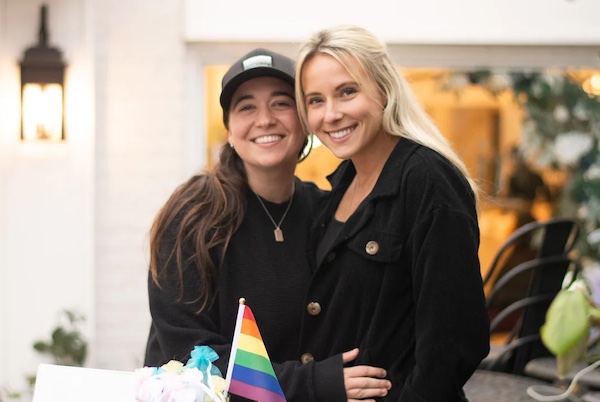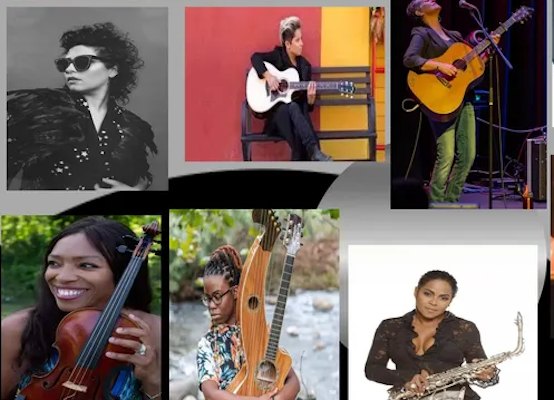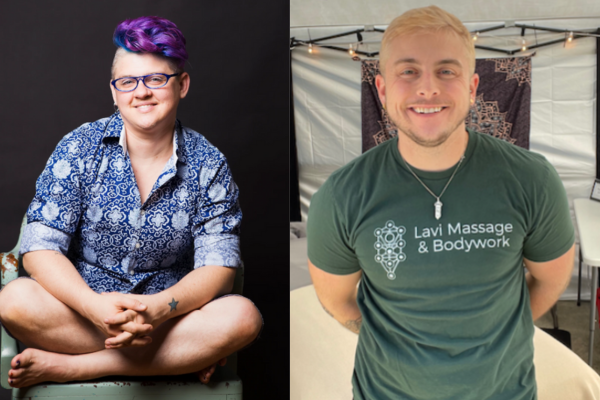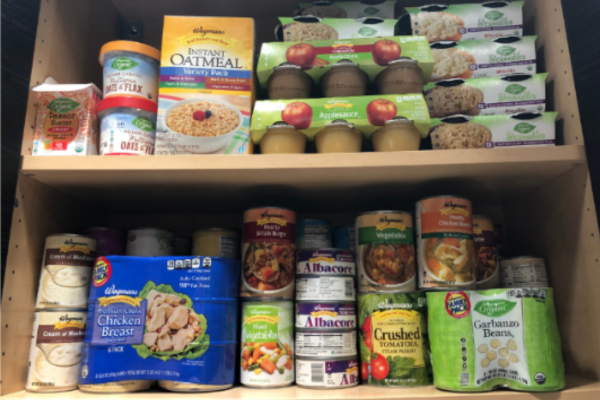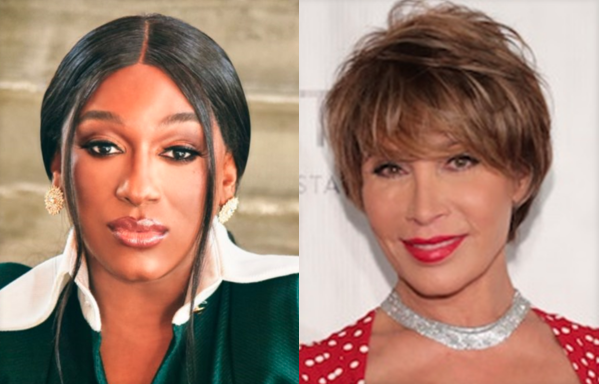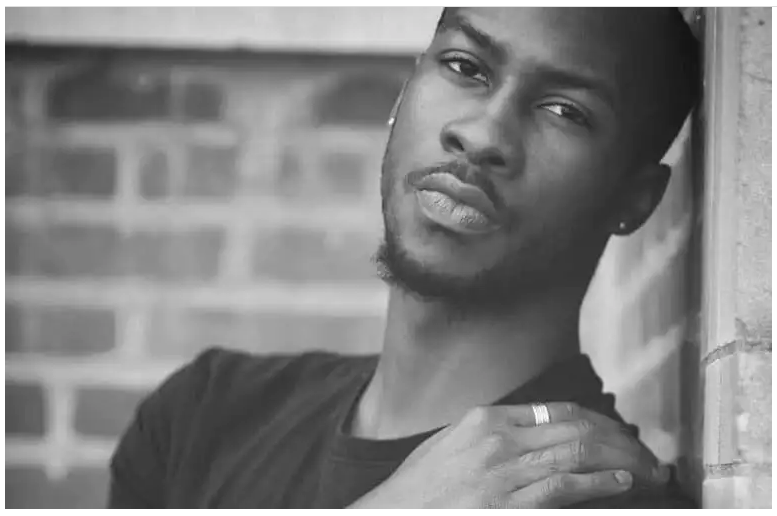By Abby Stuckrath
This article was originally published in Tagg Magazine here.
Elated over her success in organizing the first Jamaican Pride celebration, Kendra Frith drove home believing she made a difference for her conservative community. It wasn’t until a police officer pulled her over that her bubble of hope burst.
She remembers the officer gesturing to the backseat, asking why she had a pride flag. “He said I should be careful because it could have been a different police officer, and things could have gone differently,” recalled Frith.
It was this moment that made Frith begin to seriously question the role of the Jamaican Police to serve and protect all persons in the country. “It made me feel threatened,” she said.
Still, when Frith bought her round-trip ticket to the United States two years later, she had no intention of leaving home for good. Eight years after arriving, Frith has yet to board her return flight. “I came to the U.S. on a round-trip ticket just to chill,” she shares. “When I was here, things just got worse back home, and I was like, ‘Okay, I can’t go back.’”
With the help of the Rainbow Railroad—a nonprofit organization dedicated to assisting LGBTQ+ individuals escaping state-sponsored violence—Frith was able to stay in the U.S. and request asylum.
“I wanted to stay [in Jamaica] and help make my country better,” says Frith. “Nobody wants to leave their home and leave everything behind.”
Frith’s brother, Christopher, said her departure was devastating. “It was not easy watching her leave,” he says. “It was extremely difficult for not only me but our entire family.”
Even with the help of Rainbow Railroad, Frith’s transition wasn’t smooth. Living in New York City as an undocumented immigrant was extremely isolating. After three years of constant workplace abuse and missing the death and funeral of her grandmother, Frith attempted to take her own life. “I ended up in the hospital, and I was there for two days. After I started to get therapy, I realized that I have a new chance at life,” says Frith.
Frith’s new chance began with moving to Virginia and later working for the same organization that helped her stay in the United States, Rainbow Railroad. As the Senior Engagement Officer, she helps refugees settle into their new lives and offers them the support system she didn’t have.
But Frith isn’t new to the LGBTQ+ advocacy scene; back in Jamaica, it was her entire career. She worked with Jamaican LGBTQ+ organizations JFlag, Color Pink, and WE-Change. “I’m glad that I was able to be part of that organization, but it’s also the reason why I am no longer in Jamaica,” says Frith.
Virginia brought Frith more than just a job. It also introduced her to her partner, Kelly Richards. Richards also fled Jamaica due to multiple threats against her life as a masculine-presenting queer woman. Introduced by Frith’s uncle, Frith helped Richards build her U.S. asylum case.
“I fell in love first,” Richard shares. “Her personality and willingness to help made me want to hold on to her.”
From assisting her partner to becoming a mentor to new Rainbow Railroad refugees, Frith loves helping others bear the burden and stress of starting over.
Frith remembers welcoming the first member of their program at the airport. She recalls him running to her and falling into her arms, desperately crying thank you over and over again. “I was just like, ‘Okay, this is it, like this is it.’ The hug was like a weight. I was able to take something away from him,” says Frith.
After eight years in the United States, Frith’s asylum case is still pending. Nowadays, she connects to her Jamaican roots by eating Richard’s delicious curried goat recipes and listening to old-school reggae.


